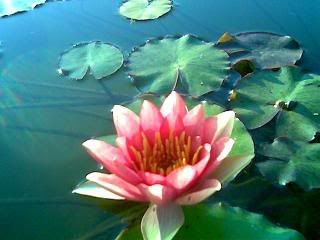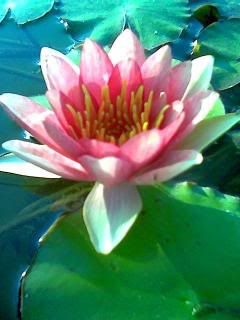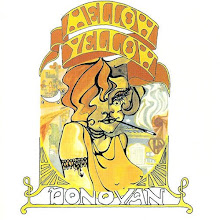The Post with Hope

"Knowing how to live alone" here does not mean to live in solitude, separated from other people, on a mountain in a cave. "Living alone" here means living to have sovereignty of yourself, to have freedom, not to be dragged away by the past, not to be in fear of the future, not being pulled around by the circumstances of the present. We are always master of ourselves, we can grasp the situation as it is, and we are sovereign of the situation and of ourselves. There are many places in the sutras where the Buddha says that "being alone" does not mean to be separated from other people. We can be sitting in a cave, but we are not necessarily alone, because we have lost ourselves in our thinking, so we are not alone. In the Majjhima Nikaya there are at least four sutras that talk about the subject of knowing how to live alone, and in the Madhyama Agama there are also sutras that talk about the subject of living alone. Therefore, we know that the subject of living alone is a very important subject in the teachings of the Buddha. We have to know how to do this, how to live in freedom, not being imprisoned by the future and not being carried away by things in the present.
The Sutra on Knowing the Better Way to Live Alone teaches us how to live each moment of our daily life very deeply. When we can live our daily life deeply, we begin to have concentration and wisdom; we can see the true nature of life, and we arrive at a great freedom, and freedom is the essence of happiness. If we are suffering, it is because we are not free, and therefore to practice is to recover our freedom. When we have freedom, we will become solid. Freedom and solidity are the two characteristics of nirvana, so we need a program of freedom and solidity. If somebody is suffering, we know that person is not free; because they are not free, they are suffering, they are being imprisoned by the past, or they are being oppressed by the present, or they are being carried away by the future, and that is why they are suffering. The practice is to re-establish our freedom, and then we will no longer suffer, and our happiness will increase. The oldest writings on the better way to live alone, on how to live deeply in the present moment, are found in this sutra.
For example, someone hears the doctor say, "You have cancer, you may live for six months more." That person feels completely overwhelmed. The fear, the idea that I'm going to die in six months takes away all our peace and joy. Before the doctor told us that we had cancer, we had the capacity to enjoy ourselves with our friends. However, once the doctor told us that, we lose all our capacity to sit and enjoy our tea, or enjoy our meal, or watch the moon, because we are so afraid of the moment when we will die. It takes away all our freedom. If you know that death is something that comes to everybody, you will not suffer so much. The doctor says we have six months left to live, but the doctor also will die. Maybe the doctor knows we have six months, but the doctor does not know how many months he himself has left to live. Maybe the doctor will die before us. Maybe driving home after the examination he will have an accident, and therefore the knowledge of the doctor isn't so great. He tells us we only have six months left. We may be lucky to live six months, because the doctor may die before us. So if we look deeply we see things, which if we don't look deeply we wouldn't see. Looking deeply we can get back our freedom from fear, and with that freedom, with our non-fear, we may live happily those six months.
All of us are equal as far as life and death are concerned: we are all going to die. So it is very equal—it will happen to everybody.
Everyone has to die, but before we die, can we live properly? I am determined to live properly until I die. That is a very awakened
thing to say. If we are going to die, then we have to live the best we can, and if we can live six months in the best way we can then
the quality of that six months will be as if we were living for six years, or sixty years. If our life is filled with being caught in
the fetters of suffering, then our life doesn't have the same kind of meaning as if we live in freedom. So knowing that we have to die,
I am determined to live my life properly, deeply. All of us have to die, but if we are able to live with peace, joy, and freedom before
we die, then we live as if we are dead already, even before we die.
First of all, the Buddha teaches us that we must struggle to get back our freedom, to be able to live the moments of our daily life
deeply. In these moments of our daily life we can have peace, we can have joy, and we can heal the suffering we have in our bodies and in our minds. Living deeply at each moment of our life helps us to be in touch with the wonderful things of life, helps us to nourish our body and our mind with these wonderful elements, and at the same time helps us to embrace and transform the suffering that we have. So to live deeply in the present moment of every day of our life is to live a life of wonder, nourishment, and healing. Living like that we can revive our freedom, and live deeply: we give rise to the truth, we have awakened understanding, and our fears, our anxieties, our sufferings, and our sadness, will evaporate, and we will become a source of joy and life to ourselves and to those around us. According to Buddhism, that is the method of dwelling happily in the present moment. (Thich Nhat Hanh)




0 Comments:
Post a Comment
<< Home